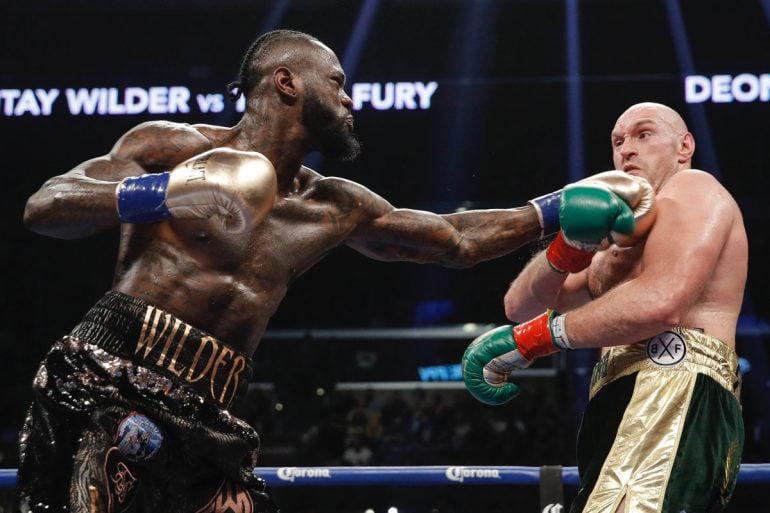
3 minute read
PROFESSIONAL BOXING SBN Javier Acosta
PROFESSIONAL BOXING
SBN Javier Acosta
Advertisement
Professional Boxing - Minor labor market integration
At the very least, their occupational integration is complicated by exogenous factors related to economic conditions. If you are good in the ring, it is normal to think that professional boxing can be a vehicle for you to integrate professionally. But going to a regular indoor training is a long way until you win the title of boxing champion! Unfortunately, very few boxers in the world make a living from boxing. Sporting success drives professional success, but boxing offers many benefits for physical and mental health. It will be difficult to become a professional. Very few people are successful. If you can live with your fists and earn thousands of euros per unbeaten fight, then you didn't become a professional boxer in the first place, someone who has the patience to do well. A professional level boxer is one who holds a professional boxing license. Also, to compete against the best boxers, you must belong to an international federation such as WBA, WBC, WBO, IBF or APB. Please note that the license prohibits the use of boxing techniques outside of boxing clubs. For example, Christophe Dettinger, the boxer who faced CRS in the yellow vests athletic rally on January 5, 2019, defeated two agents of the Mobile Gendarmerie on the podium of Leopold Sedar Senghor. In February 2019, he was sentenced to 12 months in prison and 18 months of probation. In August of the same year, he was released for good conduct. So don't you dare! Disadvantages of being a boxer Let's start with boxing's shortcomings.
Logically, the first drawback of this profession are the injuries, wounds and bruises that a boxer can suffer in a big fight. In boxing, Muay Thai, kickboxing or French boxing, you have to accept that sometimes you get beat up or walk out of the ring with a broken or bleeding nose. • Black eye. • Open eyebrows. • Fractured jaw. • Possible brain damage. We are talking at a professional level here. In amateur boxing, there is little to no body contact and fights are conducted with PAO gloves and shields. Professional boxers usually have one or more training sessions a day to master their defensive moves. He knows that he must pay attention to every move and can avoid punches and kicks from his opponents. But we all make careless mistakes. Even with all the boxing gear (mouth guards, shin guards, mouth guards, gloves, armbands, boxing gloves), professional boxing injuries are common. For example, a blow to the head or a kick to the liver can knock out (KO) a boxer. Bruises are mainly related to poor concentration and poor posture during training. This is the reason why helmets in certain weight classes are used in combat. studying time
In boxing, the learning time is very long. Learn highly technical martial arts moves and techniques. In fact, we need to control a set of parameters simultaneously. *Resistance and cardiovascular *Precision and power of the blows. * Jump *Avoid, dodge * Guardian *Put your feet on the ground *Fast *Breath *Know your limits Training and experience create the automation necessary to apply combat strategies. This irritates many opponents, since boxing requires great sacrifices. Other drawbacks of professional boxers Professional boxers must find opponents to fight in order to climb the ranks, win belts, and increase their income. Losing is learning from your mistakes. But for a boxer, it also means less income for him! A professional boxer has to manage his career as if he were a businessman, pay for the necessary equipment (trainers, physiotherapists, etc.), and manage his physical condition and his schedule. Professional boxers, who are paid from bonuses accumulated from professional matches and sometimes from sponsors, need to constantly improve their physical condition. Losing the game means losing the winnings. Losing is always important (you learn from mistakes for a reason, they say), but a professional boxer has only one goal.

